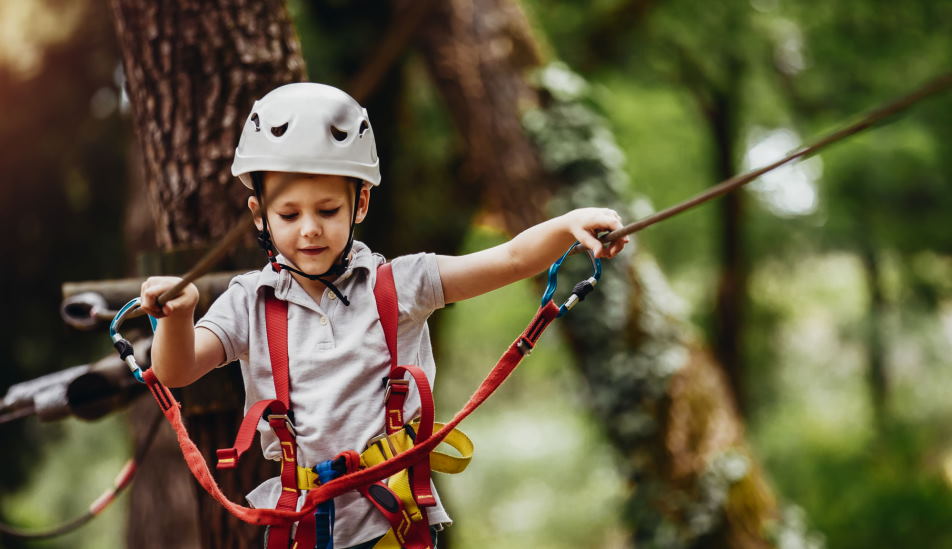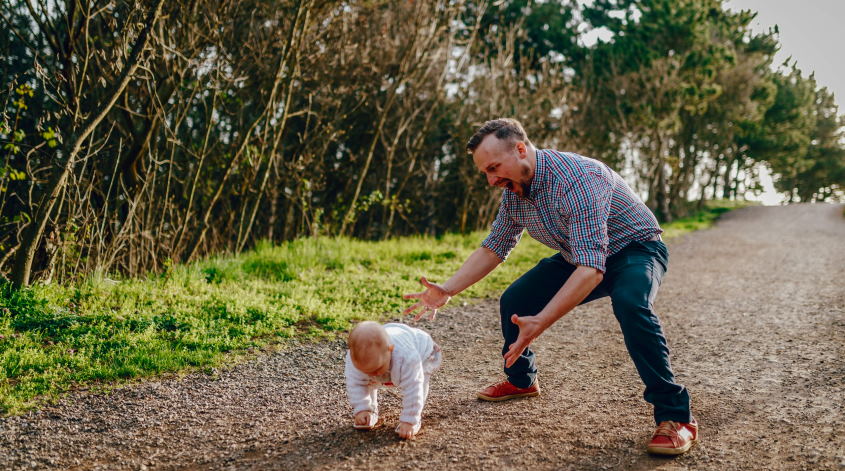Parenting the Brave Child: Tips for Raising a Resilient Child
Are you the parent of a brave child? If so, congratulations! You are raising a resilient little human being who will no doubt face many challenges in life. While it is natural to want to protect your child from hardships, it is important to remember that these experiences can be beneficial for their personal growth.

Here are some tips for parenting the brave child:
Encourage your child to express their feelings and emotions freely. This will help them to understand and cope with difficult situations. praise their accomplishments, no matter how small they may seem. This will boost their confidence and self-esteem. Be there for them when they need you, and give them space to grow independently. These are just a few suggestions – ultimately, you know your child best and what will work for them. Remember that your love and support can make all the difference for your brave little one!
Teaching your child to become brave in the face of adversity
It can be difficult to watch our children face challenges, whether it’s in school or in their personal lives. So naturally, we want to protect them and shield them from harm, but the truth is that challenges and setbacks are a part of life. The good news is that there are things we can do as parents to help our children develop resilience – the ability to “bounce back” from adversity.
Here are some tips for raising a resilient child:
Encourage your child to express their feelings. It’s important for children to feel like they can talk to you about what’s going on in their lives, both good and bad. Let them know it’s okay to feel sad, scared, or angry, and help them find healthy ways to express their emotions.

Teach your child problem-solving skills. Help them to identify and understand their problems, and then brainstorm together to come up with possible solutions. This will help them to feel more confident in their ability to handle challenges.
Encourage independence. Allow your child to do things on their own whenever possible. This will help them to develop a sense of competence and self-reliance.
Model resilience yourself. Let your child see you bouncing back from your own setbacks. This will show them that it’s possible to overcome difficulties in life.
Encourage a growth mindset. Help your child understand that effort and practice can develop intelligence and abilities. This will encourage them to keep trying even when they face setbacks.
Teach your child how to ask for help. It’s okay to need some assistance from time to time. Help your child identify adults they can go to for support, whether a teacher, coach, or family member.
Encourage positive self-talk. Teach your child to talk kindly to themselves when facing challenges. This will help them to maintain a more positive outlook and boost their confidence.
These are just a few tips for raising a resilient child. By taking steps to build resilience in our children, we can help them to thrive in the face of adversity.

Raise brave kids in a world keeping them afraid
It has been shown that parents who are too involved in their children’s lives can produce less resilient kids and are more prone to anxiety and depression. So how do we raise brave kids in a world full of fears?
The answer may lie in something called “mindfulness.” Mindfulness is the practice of present moment awareness. It is about being fully present in each moment, without judgment or opinion. When we are mindful, we are not lost in our thoughts or worries about the future. Instead, we are fully present in the moment and can see things as they are.
One of the best ways to teach mindfulness to kids is through meditation. Meditation is a practice that anyone can do, regardless of age or religion. There are many different types of meditation, but the goal is always to focus on the present moment and clear your mind of all other thoughts.
There are many benefits to meditation, including reducing stress, improving sleep, and increasing focus and concentration. But perhaps the most important benefit is that it can help us to become more mindful. And when we are more mindful, we can better handle our fears.
If you’re interested in teaching your kids mindfulness, many resources are available. Books, websites, and even apps can help you get started. The most important thing is to start somewhere. And don’t be afraid to let your kids lead the way. They may surprise you with their bravery.

 We are dedicated to helping parants. We care about the health, safety, and happiness of our children. We are supportive and positive. We believe in leveraging technology to save time and money. We share. We give back. We value our family, friends, and our team at My Sandy Hook Family Fund.
We are dedicated to helping parants. We care about the health, safety, and happiness of our children. We are supportive and positive. We believe in leveraging technology to save time and money. We share. We give back. We value our family, friends, and our team at My Sandy Hook Family Fund. 